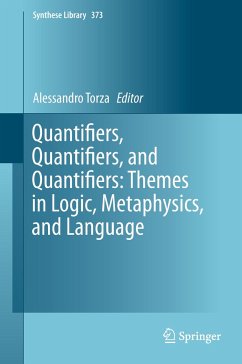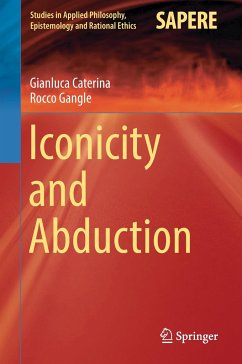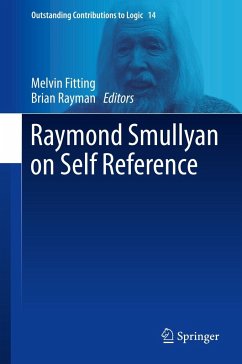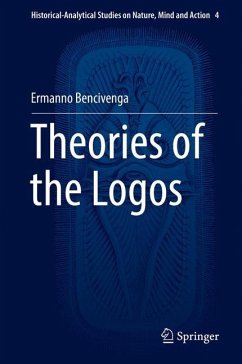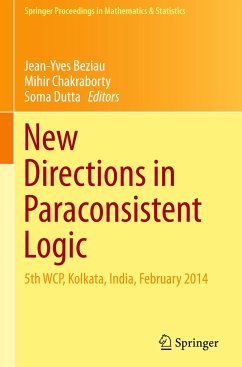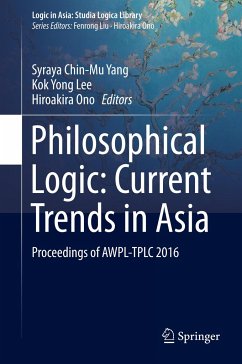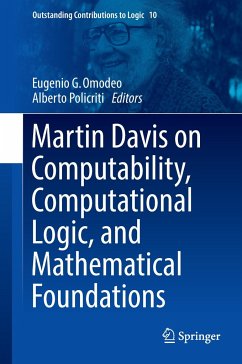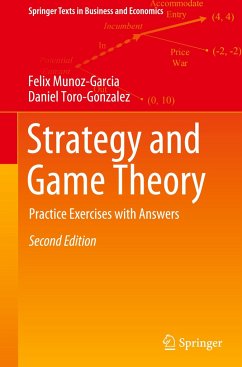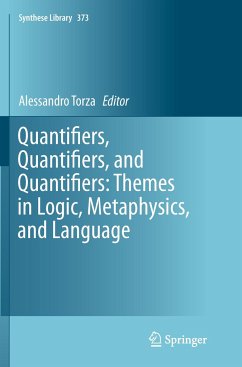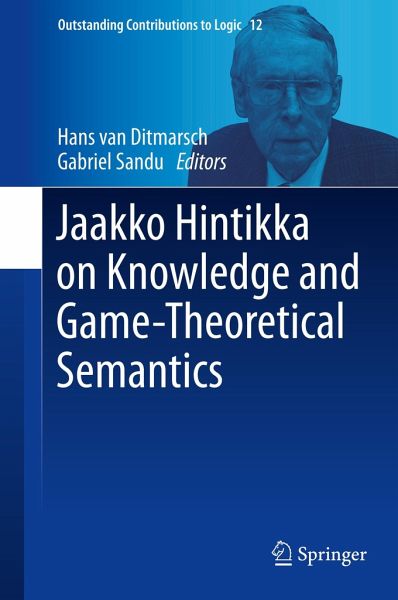
Jaakko Hintikka on Knowledge and Game-Theoretical Semantics

PAYBACK Punkte
61 °P sammeln!
This book focuses on the game-theoretical semantics and epistemic logic of Jaakko Hintikka.Hintikka was a prodigious and esteemed philosopher and logician, and his death in August 2015 was a huge loss to the philosophical community. This book, whose chapters have been in preparation for several years, is dedicated to the work of Jaako Hintikka, and to his memory.This edited volume consists of 23 contributions from leading logicians and philosophers, who discuss themes that span across the entire range of Hintikka's career. Semantic Representationalism, Logical Dialogues, Knowledge and Epistemi...
This book focuses on the game-theoretical semantics and epistemic logic of Jaakko Hintikka.
Hintikka was a prodigious and esteemed philosopher and logician, and his death in August 2015 was a huge loss to the philosophical community. This book, whose chapters have been in preparation for several years, is dedicated to the work of Jaako Hintikka, and to his memory.
This edited volume consists of 23 contributions from leading logicians and philosophers, who discuss themes that span across the entire range of Hintikka's career. Semantic Representationalism, Logical Dialogues, Knowledge and Epistemic logic are among some of the topics covered in this book's chapters.
The book should appeal to students, scholars and teachers who wish to explore the philosophy of Jaako Hintikka.
Hintikka was a prodigious and esteemed philosopher and logician, and his death in August 2015 was a huge loss to the philosophical community. This book, whose chapters have been in preparation for several years, is dedicated to the work of Jaako Hintikka, and to his memory.
This edited volume consists of 23 contributions from leading logicians and philosophers, who discuss themes that span across the entire range of Hintikka's career. Semantic Representationalism, Logical Dialogues, Knowledge and Epistemic logic are among some of the topics covered in this book's chapters.
The book should appeal to students, scholars and teachers who wish to explore the philosophy of Jaako Hintikka.





